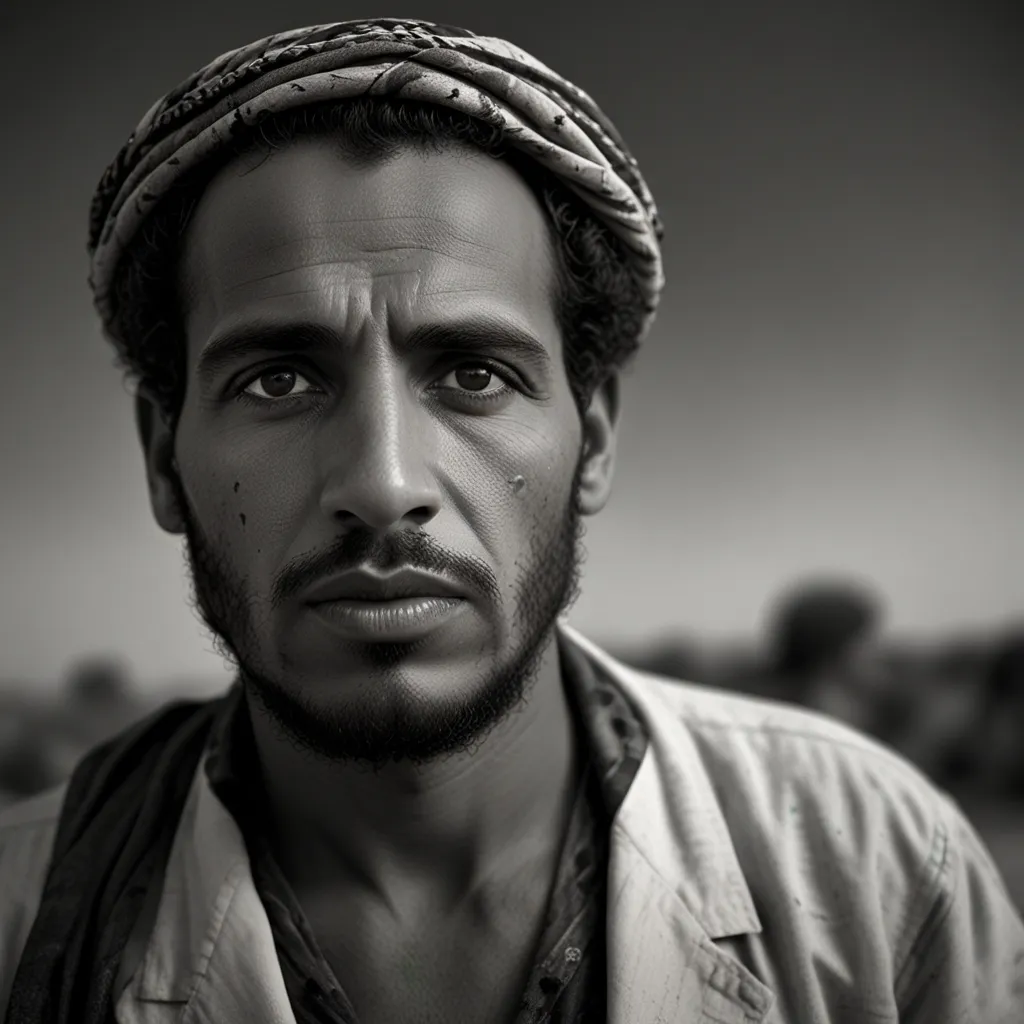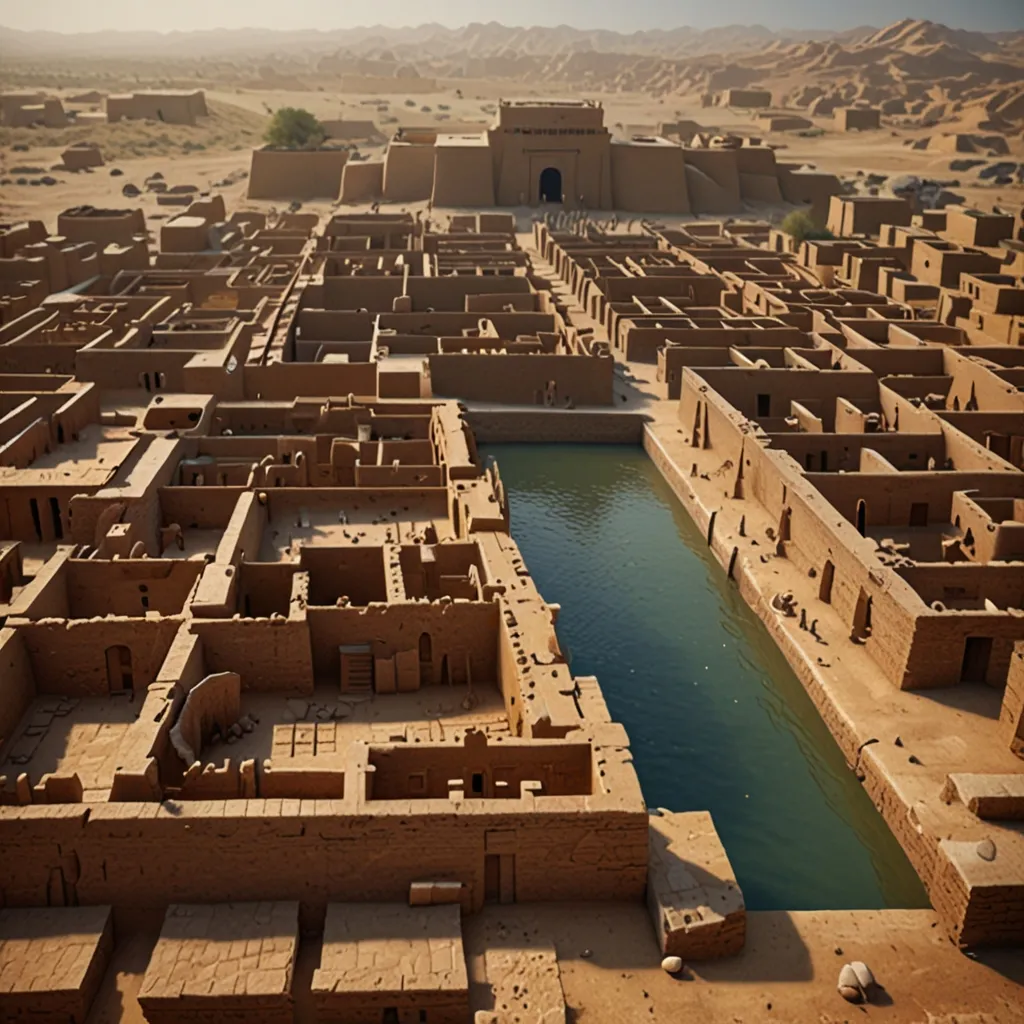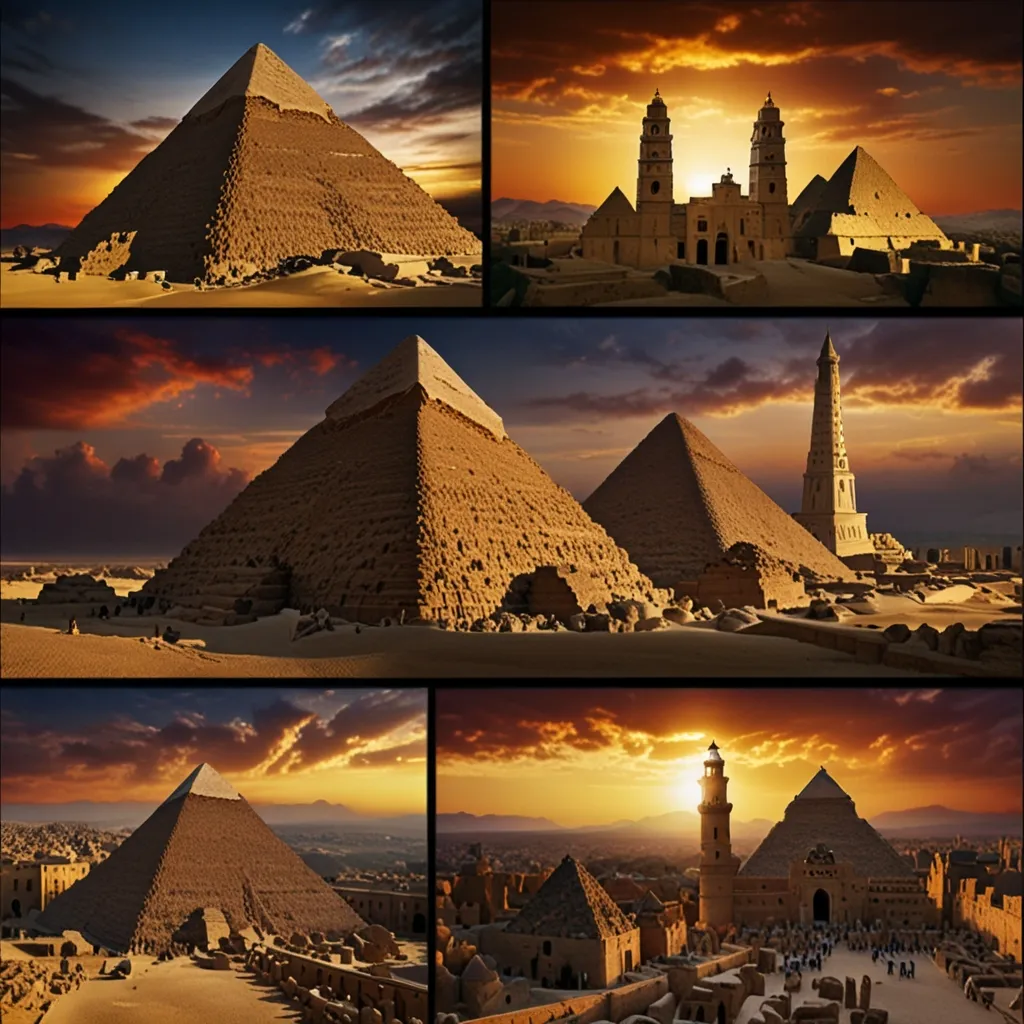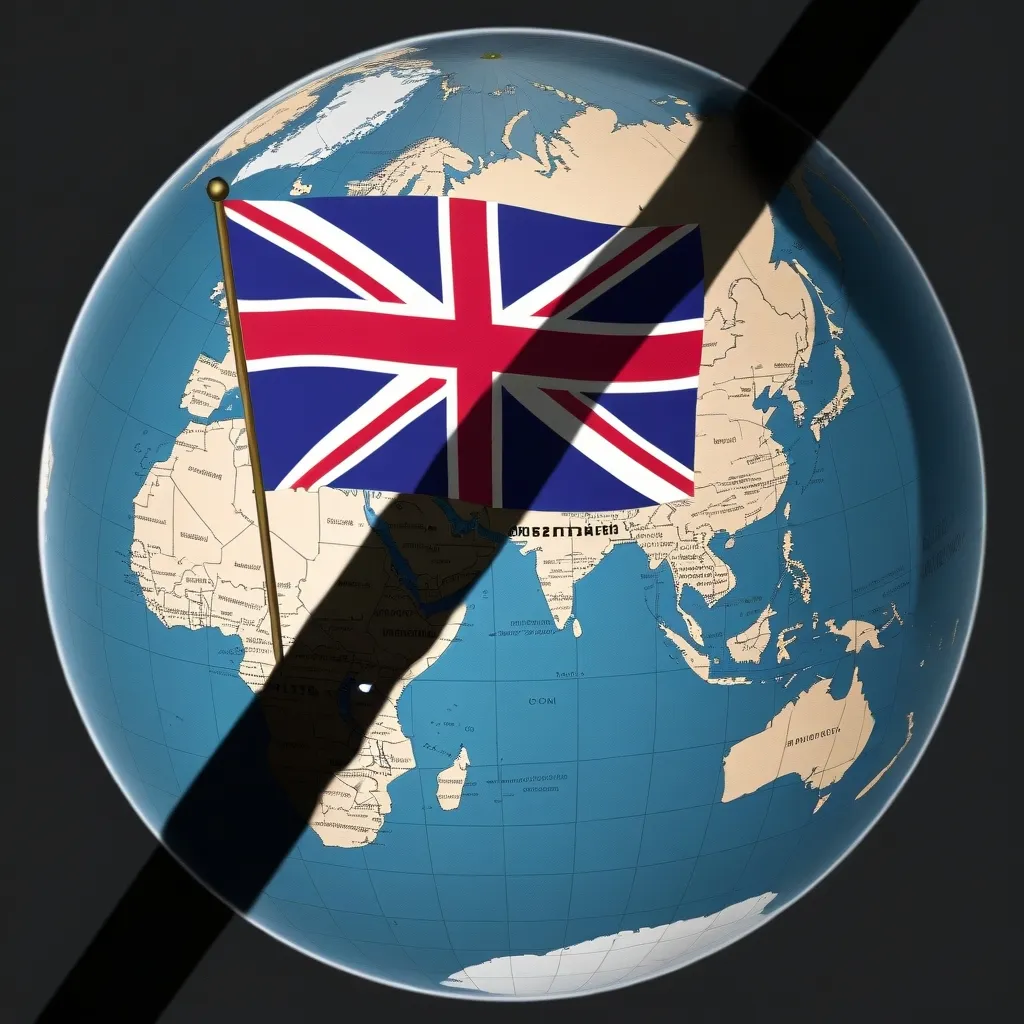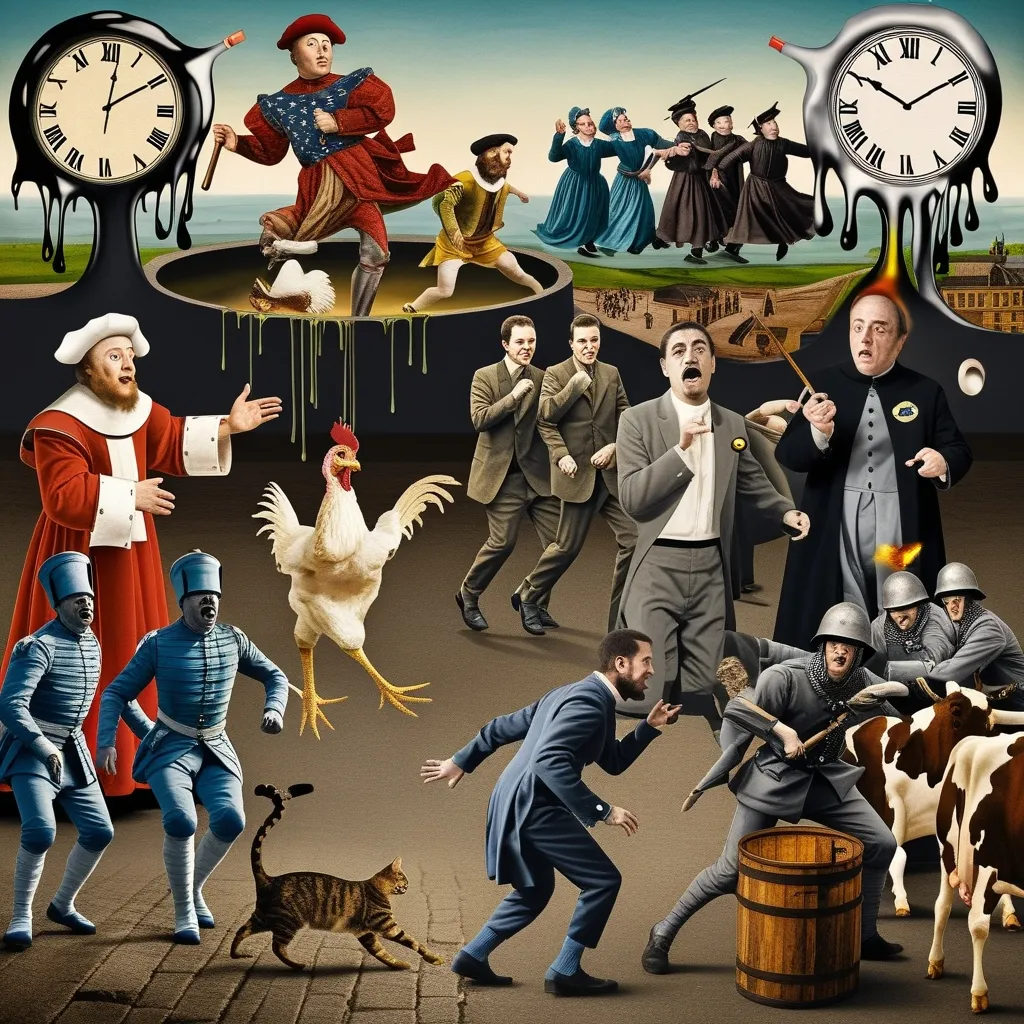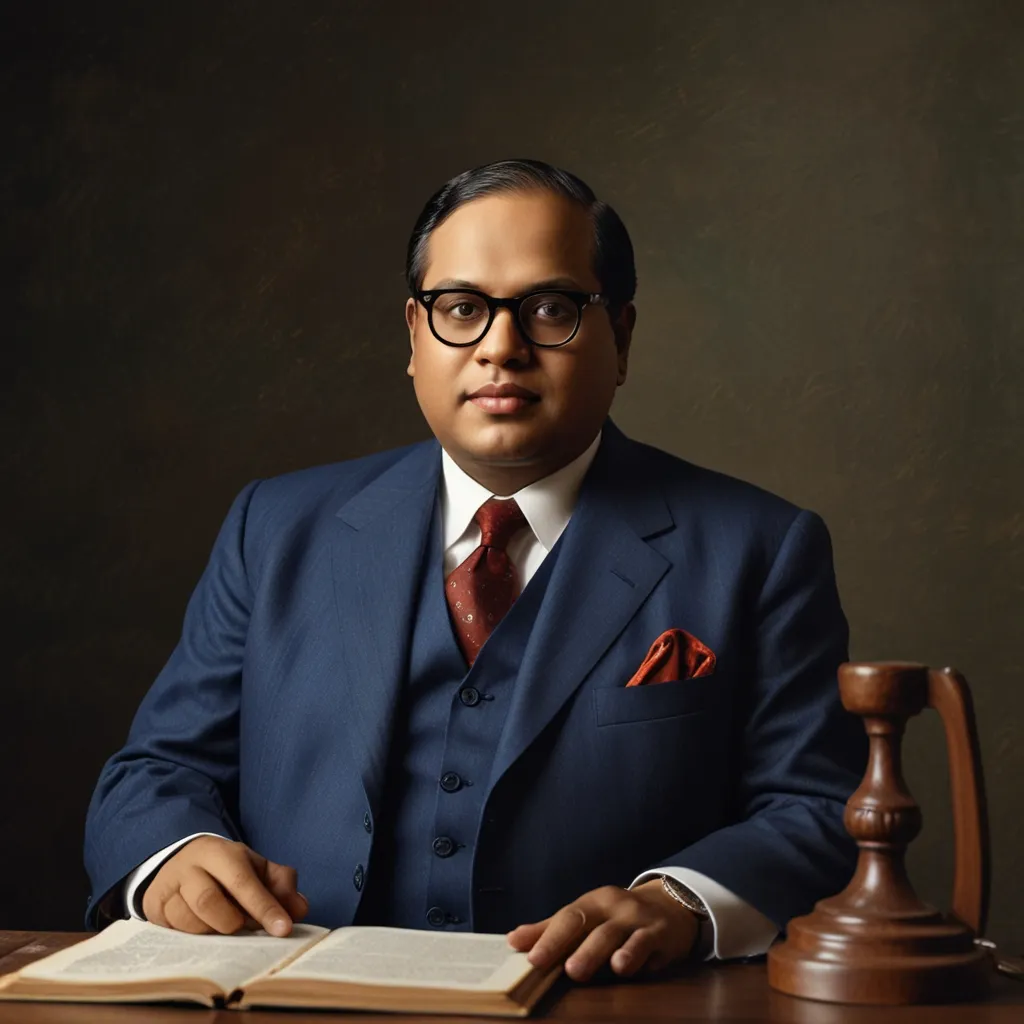Libya’s journey to independence from Italy is a fascinating tale of colonialism, resistance, and international diplomacy. The story begins in the early 20th century when Italy, eager to expand its colonial empire, set its sights on the North African region.
In 1911, Italy invaded Libya, then a part of the Ottoman Empire, and quickly captured Tripoli. This marked the beginning of Italian rule over the territory. The Italian colonization was marked by brutal suppression of the local population, particularly the Senussi tribes, who resisted fiercely. One of the most notable resistance leaders was Omar Mukhtar, who became a national hero for his bravery against the Italian forces.
The period between 1911 and 1951 was tumultuous. Italy divided Libya into three regions: Tripolitania, Cyrenaica, and Fezzan. The Italians invested heavily in infrastructure, building roads, railways, and agricultural villages. However, their rule was also characterized by harsh measures against the indigenous population, including the use of concentration camps.
During World War II, Libya became a battleground for the North African Campaign. The Allies, led by Britain and France, eventually defeated the Italian and German forces in 1943. Following the war, Libya was placed under Allied occupation, with Britain administering Tripolitania and Cyrenaica, and France controlling Fezzan.
The post-war period saw a significant shift in Libya’s status. The United Nations General Assembly voted in November 1949 for Libya to become an independent kingdom by January 1, 1952. This decision was influenced by the contributions of the Sanussi forces during the war and the international community’s desire to establish a stable government in the region.
In 1950, Emir Sayyid Muhammad Idris al-Mahdi al-Sanussi was proclaimed King Idris I of Libya. He played a crucial role in the country’s transition to independence. On December 24, 1951, Libya formally gained its independence from Italy, marking the end of nearly four decades of colonial rule.
King Idris I declared Libya’s independence, and the country became a federal state with a separate parliament for each province. The new government adopted a pro-Western stance in international affairs, joining the Arab League in 1953 and refusing British troops permission to land during the Suez Crisis in 1956.
Libya’s independence was not without its challenges. The country faced significant political and social upheaval, particularly in the post-revolutionary period following the overthrow of King Idris in 1969. The discovery of oil in the late 1950s brought sudden wealth but also created new political and social tensions.
Today, Libya continues to navigate its complex history and political landscape. The country’s unity is a testament to the resilience of its people and the efforts of international diplomacy. Despite the challenges, Libya remains a significant player in North Africa, with a rich cultural heritage and a promising future.
